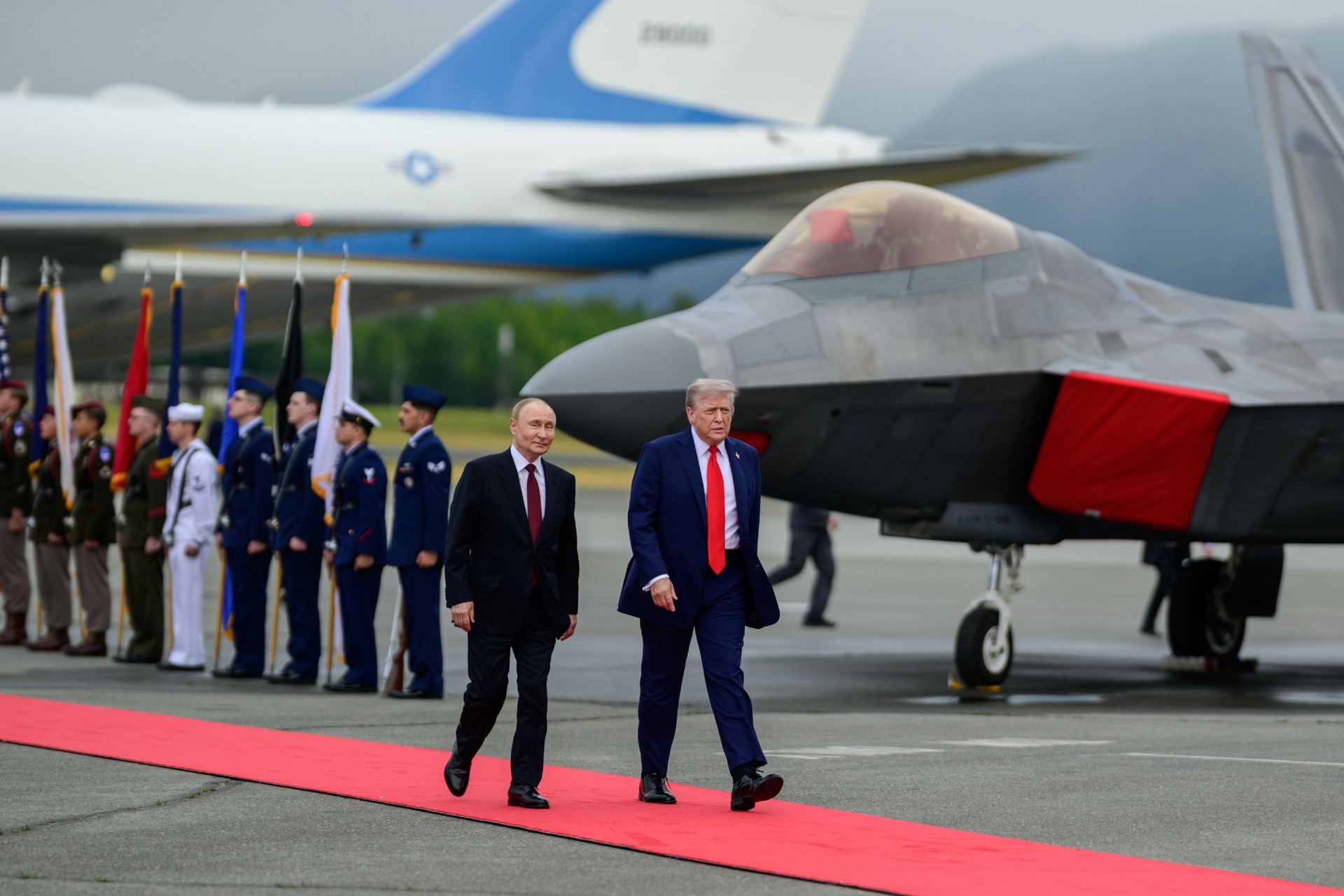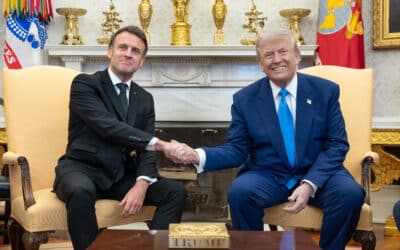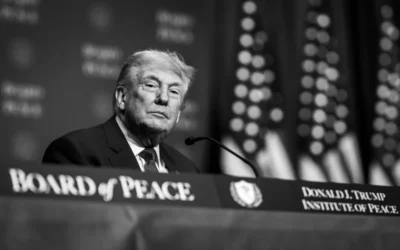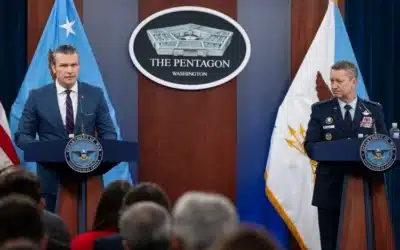The White House and Kremlin have used positive statements about extending the only remaining nuclear arms control pact between the world’s nuclear superpowers.
Last month, Russian President Vladimir Putin proposed a short-term extension to the New Start Treaty. “The New START Treaty will expire on February 5, 2026, signaling the imminent end of the last international accord directly limiting nuclear missile capabilities. A complete renunciation of this treaty’s legacy would, from many points, be a grave and short-sighted mistake,” he said.
He continued, “In order to prevent the emergence of a new strategic arms race and to preserve an acceptable degree of predictability and restraint, we consider it reasonable to maintain at this turbulent time the status quo established under New START. Accordingly, Russia is prepared to continue observing the treaty’s central quantitative restrictions for one year after February 5, 2026.”
The New Start Treaty was signed in 2011 and has been extended several times. Shortly after taking office in February 2021, President Joe Biden and Putin extended the pact for five years.
However, parts of the treaty were eroded during the Biden administration. New Start inspections were paused, and Moscow walked back its commitments to the pact.
Most of the arms control agreements between the US and Russia have been ripped up over the past two decades. President George W Bush left the Anti-Ballistic Missile Treaty. During his first administration, President Donald Trump abandoned the Intermediate-Range Nuclear Forces (INF) Treaty and the Open Skies pact.
On Sunday, Trump responded to Putin’s offer by saying that extending New Start for a year “sounds like a good idea to me.” Spokesman Dmitry Peskov told reporters that the Kremlin welcomes Trump’s statement. “We welcome this statement and believe that it gives us reason to be optimistic that the US supports Putin’s initiative,” he said.

































